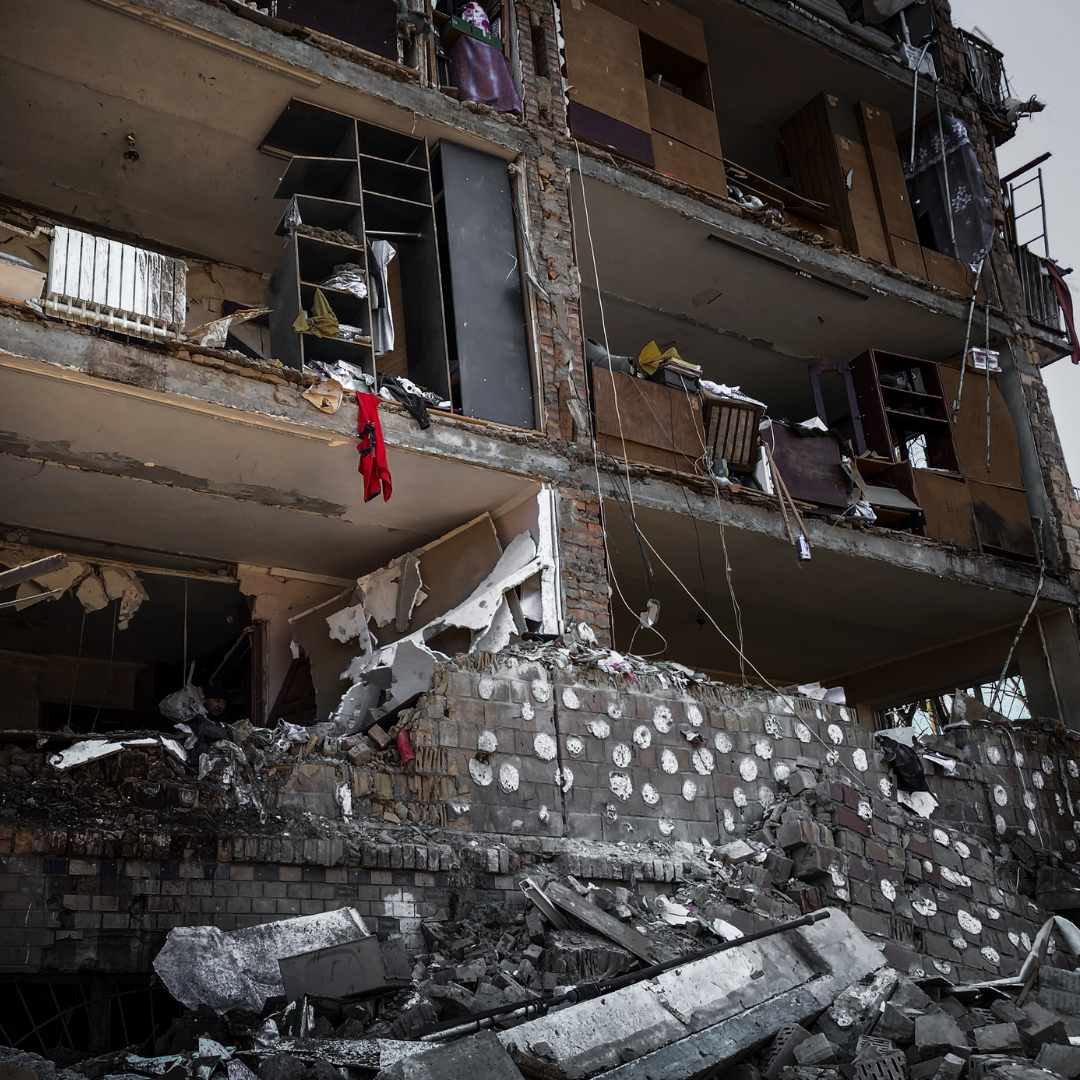 The current conflict in Ukraine is longstanding and holds great importance for the future of American national security policy in Europe. Although the beginnings of this conflict can be traced back to 2014, and the protests against former Ukrainian President Yanukovych, this most recent stage of escalation, which began just over a year ago, is much more deadly. A disputed referendum and Russian invasion in Crimea led to escalating tensions between Russians and Ukrainians throughout the country. This caused two more independence referendums, led by pro-Russian separatists in Donetsk and Luhansk, eventually causing the breakout of a low level war in the region over the years.
The current conflict in Ukraine is longstanding and holds great importance for the future of American national security policy in Europe. Although the beginnings of this conflict can be traced back to 2014, and the protests against former Ukrainian President Yanukovych, this most recent stage of escalation, which began just over a year ago, is much more deadly. A disputed referendum and Russian invasion in Crimea led to escalating tensions between Russians and Ukrainians throughout the country. This caused two more independence referendums, led by pro-Russian separatists in Donetsk and Luhansk, eventually causing the breakout of a low level war in the region over the years.
Attempting to find a way to prevent further violence, the French and German governments joined both the Russian and Ukrainian governments in Minsk, Belarus to negotiate the Minsk agreement. However, the effort to reach a diplomatic solution was largely unsuccessful. The years following the failed negotiations featured a military build-up by NATO in Eastern Europe and economic sanctions against Russia. The Russians responded by holding their largest military exercise since the fall of the Soviet Union, showing that both sides were willing to ratchet up tensions.
Before the current phase of this conflict, Russia’s foreign ministry called on the United States and NATO to limit their involvement with Ukraine, which the United States rejected. The United States asserted that all countries have the right to determine their own foreign policy, but that NATO membership was not currently on the table for Ukraine. Attempts to negotiate peace eventually failed, and on the 24th of February 2022, Vladimir Putin announced the beginning of the invasion of Ukraine.
Now that the conflict has escalated to open warfare, the United States, and their Western Allies, have taken an active role in supporting the Ukrainians in their fight against this illegal invasion. The Biden administration sent $40 billion in aid to Ukraine for 2022 and has requested an additional $37.7 billion for 2023. More than half of this aid has been dedicated to defense specifically, representing 5.6% of total US defense spending. Timothy Ash, Associate Fellow at Chatham House, a proponent of continued US intervention in Ukraine, wrote in an article for the Center for European Policy Analysis claiming that “Ukraine is no Vietnam or Afghanistan for the US, but it is exactly that for Russia.” The idea is that as long as Russia is mired in fighting this war, it is a strategic win for the US. Further, he claims that helping Ukraine beat Russia sends a message to China that the US, and its allies, are strong and determined when challenged on issues of core importance. This message, in his view, should act as a deterrent for China to invade Taiwan. Furthermore, others who agree with Ash’s sentiment also believe that US intervention in Ukraine is important as a way to help put an end to, or at least contain, Putin’s aggression. Following this line of thought, by stopping Putin’s war, the United States demonstrates its commitment to uphold democratic values in Ukraine and their right to determine its own foreign policy.
However, there is currently a debate between scholars as to whether this intervention is worth the financial costs. The war in Afghanistan cost $23 billion per year in its first two years. In 2011, at the height of the surge, the war cost $107 billion. The Iraq War cost $54.4 billion and $91.5 billion in its first two years, respectively. Those who believe that US intervention is not worth the costs claim that China is the true threat to the US-led international order and that Russia is more of a well-armed rogue state that wishes to disrupt rather than lead, unlike China. They also believe that extended conflict with Russia pushes that country further into the arms of the China and that it will make it increasingly hard for Europe to find a path to lasting peace and stability. In an article written for The New Republic, Trita Parsi of the Quincy Institute argues that if this war continues on too long “Europe may find itself in a state of constant, low-intensity war that cements enmity beyond generations.” His focus and that of those who agree with him, keys in on the costs of the war that are less easy to calculate with numbers and statistics. This argument emphasizes the importance of not prolonging the conflict, hoping to ensure a more durable peace when the conflict comes to an end.
As the war continues to rage in the eastern part of Ukraine, and the country faces sustained missile and drone attacks daily, the Western Allies fail to send clear and coordinated messages about their intentions to support or not support Ukraine in their war efforts. Robust debates, centered on facts, allow the populations of these countries to have a say in how their governments respond to the ongoing crisis. The World Affairs Council of New Hampshire invites everyone to engage in these ongoing conversations and utilize its programs to understand both sides of the discussion.
- Benjamin Duffy-Howard, WACNH Intern
